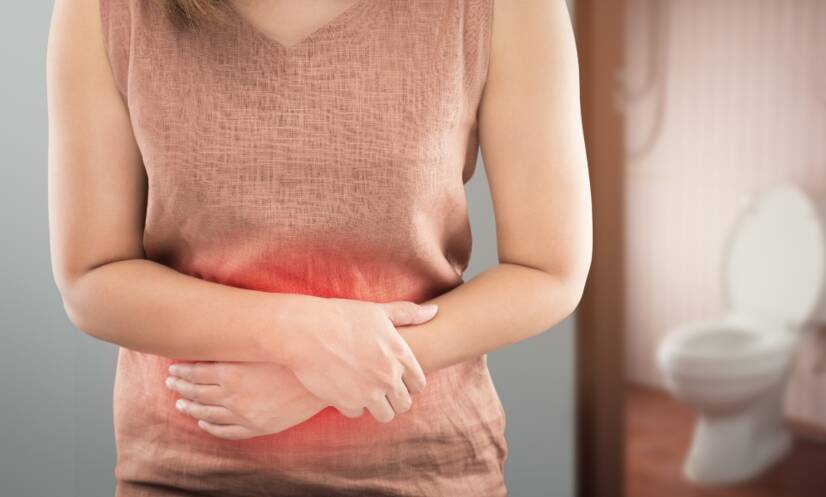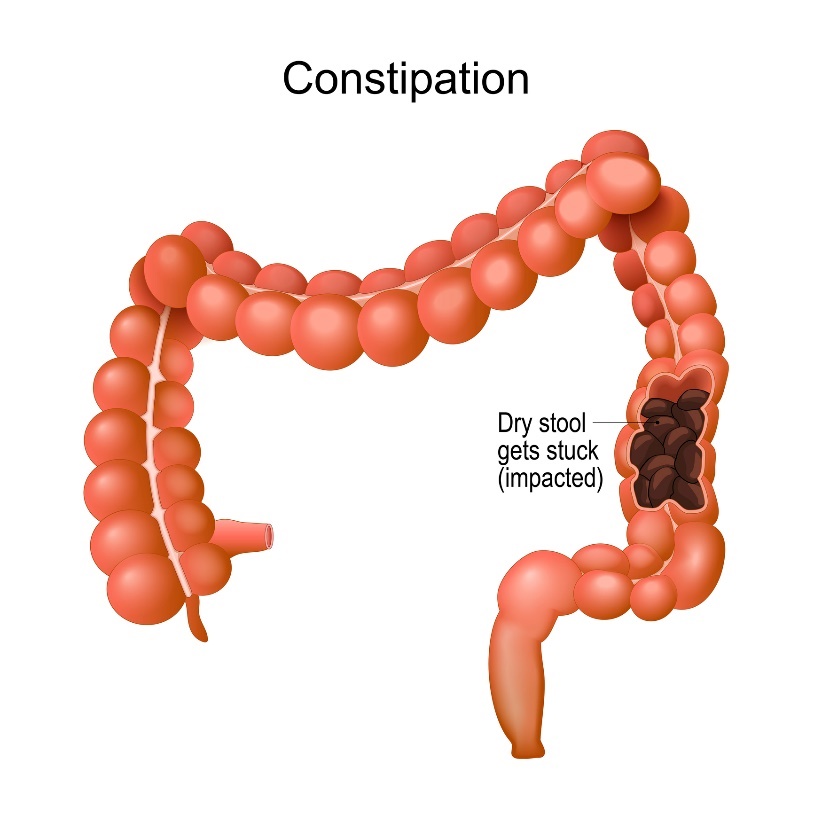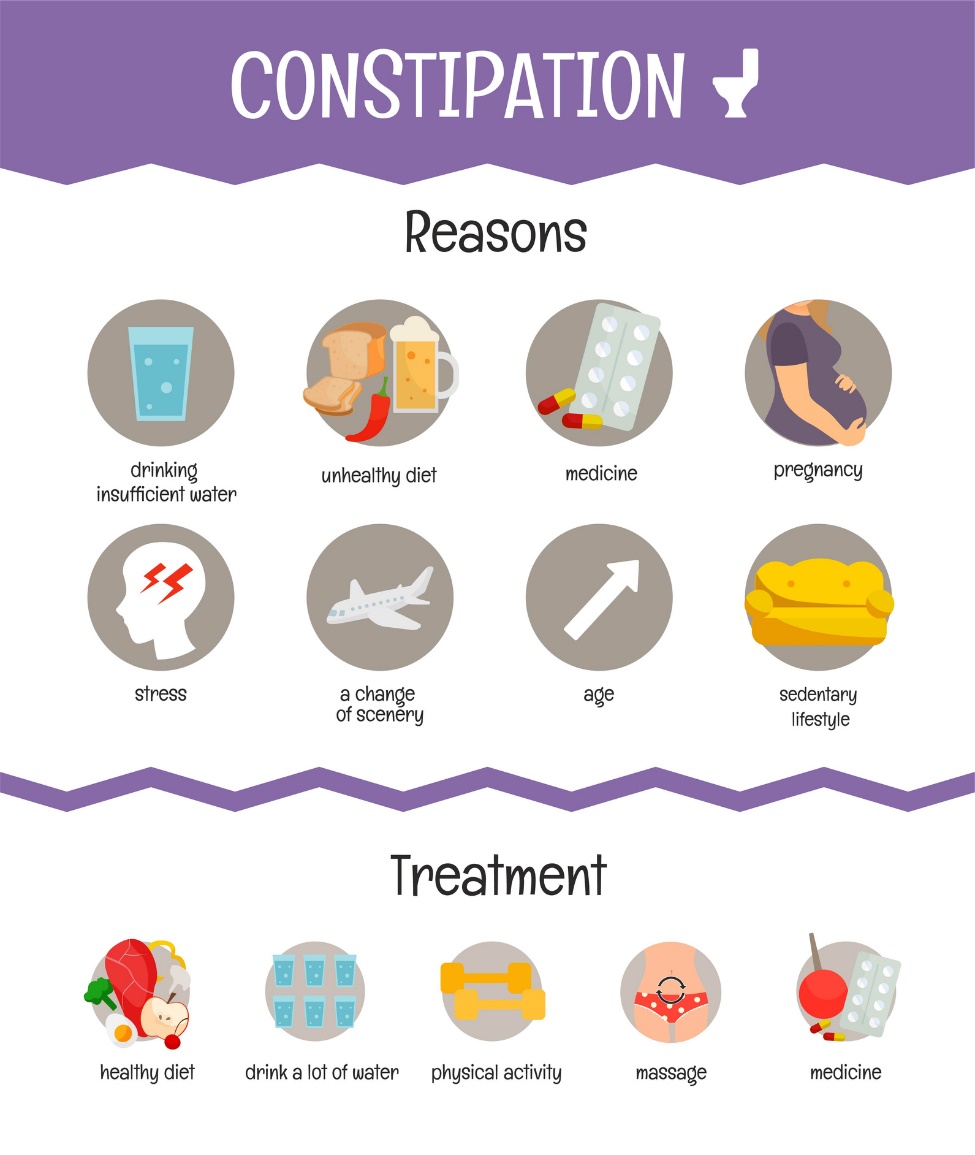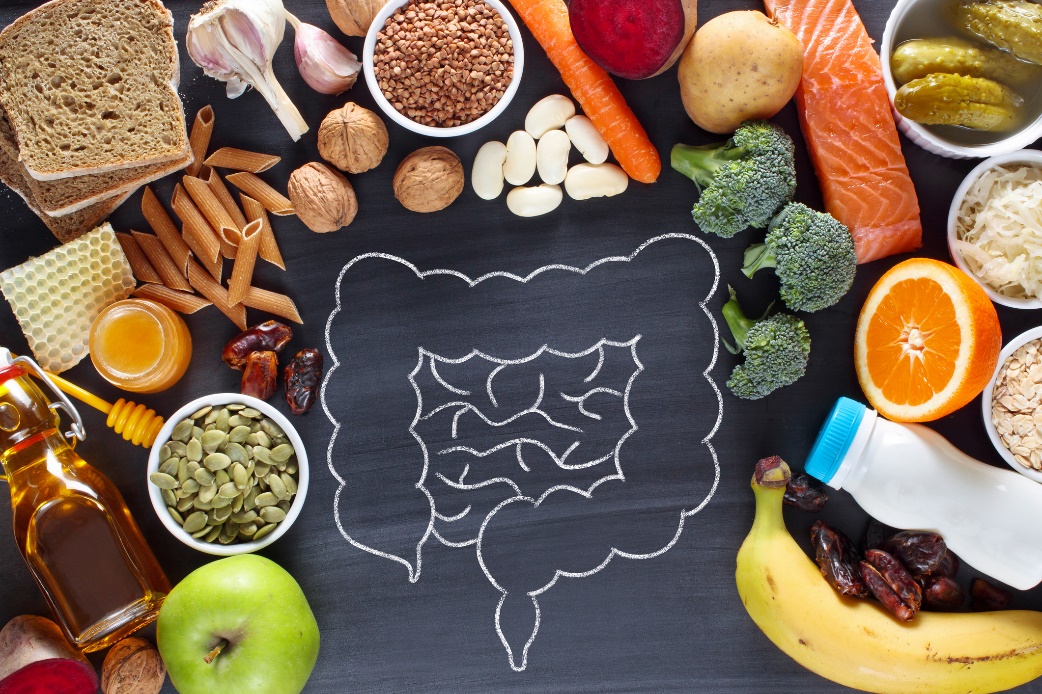- solen.sk - Solving obstipation in the GP's office for adults. Solen. MUDr. Ahmadullah Fathi, Mgr. Zuzana Gavalierová
- solen.sk - Obstipation. Solen. MUDr. Iveta Čierna, PhD.
- News in gastroenterology and hepatology II. Prague: Grada Publishing, 2017. ISBN 978-80-271-0318-8
- solen.sk - Obstipation in children - Part 1. Solen. MUDr. Jana Kosnáčová, prof. MUDr. Ľudmila Podracká, CSc.
Constipation: what are the causes and symptoms? + Prevention, in children, in pregnancy

Constipation, professionally called obstipation, is a health problem associated with defecation. How does this disease arise and how to treat it correctly?
Most common symptoms
- White tongue
- Abdominal Pain
- Headache
- Anal pain
- Painful bowel movements
- Cramps in the abdomen
- Constipation
- Rash
- Stool with blood - blood in the stool
- Bloating - flatulence
- Indigestion
- Nausea
- Buds
- Fatigue
- Vomiting
- Stuck winds - stopping the outflow of gases
- Increased body temperature
Characteristics
Triggers, symptoms, treatment, prevention and much interesting information can be found in the article.
In older professional textbooks, obstipation was defined as a condition in which stools are less frequent and harder than in the normal state.
Current definitions of constipation do not differ much. Obstipation can be defined as a condition in which the stool is harder in consistency and the frequency of defecation is reduced (less than 3 times in 1 week).
Constipation may be accompanied by subjective symptoms such as abdominal pain, a feeling of pressure or discomfort or soreness during defecation.
In a physiological state, food ingested is digested and absorbed in the small intestine. Residual intestinal contents accumulate in the large intestine.
After the rest of the fluids are absorbed and the colon is filled, the defecation reflex is activated. The defecation reflex is controlled from the sacral part of the spinal canal of the spinal cord.
Colonic peristalsis is activated, the walls of the rectum relax and the anal sphincter muscle relaxes (controlled by volition).
Causes
Constipation can be caused by an organic cause (pathology of the gastrointestinal area, endocrine, metabolic or neurological diseases) or, on the contrary, by a functional cause (psychogenic factor, inappropriate diet, poor lifestyle...).
Primary constipation has a variable duration, constant or variable course.
It can be caused by a decline in the defecation reflex (stress, psychogenic factor), an inappropriate lifestyle (sedentary lifestyle, minimal physical activity), weakness of the abdominal wall or inappropriate dietary habits (low fibre and fluid intake).
Habitual (addictive) constipation is also known, which is caused by a decrease in the defecation reflex.
Stool emptying is negatively affected by a low-volume diet, unhealthy lifestyle, lack of physical activity (sedentary lifestyle), low fibre intake and insufficient fluid intake.
Constipation is also a common problem during travel and holidays.
Changes in environment, diet, fluid intake and being away from home negatively affect the frequency of bowel movements and peristalsis of the intestinal tract.
Secondary constipation is often a symptom and consequence of other diseases. These are mainly digestive tract diseases, thyroid diseases or neurological disorders.
Examples are reduced thyroid function, celiac disease, inflammatory bowel processes, pancreatitis, tumours, myopathy, Parkinson's disease or diabetes mellitus, etc.
In most cases, however, obstipation is associated with intestinal or gastrointestinal diseases (impaired intestinal patency, inflammatory process, bacterial or viral infections...).
Immediate medical attention is required when there is blood in the stool, nausea, vomiting, fever and sinus or non-specific pain.
Certain medications and drugs may be related to the development of constipation. Examples are analgesics, opioids, antidepressants, diruetics or sympathomimetics and others.
Constipation is divided according to duration and into acute and chronic constipation.
The acute form is short-term, lasting a few days. It is often related to a change in diet, environment, neglect of drinking or exposure to a stress factor. Short-term constipation can also be a symptom of some acute disease in the body.
Chronic constipation is long-term and represents a more serious complication for the organism. Chronic obstipation is closely related to other diagnosed diseases - gastrointestinal, neurological, psychological or metabolic-endocrine.

Summary of functional causes:
- Low-fibre diet
- Change in diet and food intake
- Excessive meat consumption
- High-fat diet
- Low fluid intake (dehydration)
- Insufficient physical activity
- Change of environment and travel
- Stress factor
- Pregnancy and the postpartum period
- Flaccid abdominal press and pelvic floor
The totality of organic causes:
- Bowel disease (e.g., colitis, diverticulosis, celiac disease)
- Diseases of the digestive tract (e.g. pancreatitis, haemorrhoids)
- Neurological diseases (e.g. Parkinson's disease, myopathy, sacral agenesis, damage to nerve supply)
- Endocrine diseases (e.g. thyroid disease, amyloidosis)
- Metabolic diseases (e.g. diabetes mellitus, hypokalaemia)
- Mental illness (e.g. depression, retardation, behavioural disorders)
- Adverse effect of pharmacological treatment
Symptoms
Common symptoms of obstipation:
- Frequency of defecation less than 3 times a week
- Hard stools
- Lumpy stools
- Increased tension in the intestines
- Bloating and flatulence
- Feeling of pressure and fullness
- Abdominal pain
- Pain in the left lower abdomen
- Uncomfortable feeling when defecating
- Straining when defecating
- Feeling of blockage in the rectum
- Feeling of insufficient emptying of the rectum
- Headache

Diagnostics
The doctor finds out exactly how the constipation manifests itself in the patient. What is the frequency of defecation, the smell, colour and consistency of the stool. The doctor finds out the dietary habits of the individual, lifestyle and currently applied drug therapy.
After obtaining data from the patient, a physical examination is followed by looking, listening and palpating the abdominal wall and surrounding area. Ultrasound examination of the abdominal cavity is also common.
A per rectum (finger through the rectum) examination is common. During this examination, the doctor looks for pain, the presence of any obstruction, and the consistency, odour and colour of stool residue on the doctor's glove.
As a precautionary measure, an examination for occult bleeding is performed. The examination is aimed at early detection of colorectal cancer. The examination is particularly indicated for patients over 50 years of age, with a positive family history or more serious health problems.
In most cases, a blood and stool sample is taken for laboratory examination. The patient's blood count (thyroid hormones, glycaemia, sodium, potassium, calcium and phosphorus levels) is examined.
In the case of chronic constipation, the diagnostic examination will be more detailed and the patient may be referred to a doctor for detailed imaging - rectal proctoscopy, proctosigmoideoscopy or colonoscopy, especially if colonic disease is suspected.
In some cases, the examination is supplemented by an irigoscopy. This is an examination to determine the transit time of stool through the colon, anorectal manometry, anorectal electromyography or rectal biopsy.
If a specific cause of obstipation is suspected, the gastroenterologist may refer the patient and refer to another specialist.
Constipation in young children
Newborns and infants may experience frequent defecation followed by constipation. Conscious regulation of defecation does not occur until around 28 months of age.
Subsequently, in toddlers, defecation occurs approximately 2-5 times a day. During adolescence, the frequency of defecation gradually decreases to 1-2 times a day.
Irregular frequency of defecation during the first weeks of a newborn's life is considered a physiological condition. Switching from breast milk to conventional cow's milk can lead to obstipation, including painful defecation with hard stool consistency.
In this early period of a person's life, a change in stool voiding can also occur with various febrile illnesses, dehydration, diaper dermatitis, and various dietary errors.
However, problems with constipation can also occur in preschool and school age when the child begins to attend common areas and eating establishments.
Common psychological causes of constipation may be a full daily schedule, preoccupation with games or possible reluctance to go to the school toilet.
Constipation and pregnancy
Women have health problems with constipation relatively more often than men. Constipation in premenstrual syndrome, constipation in pregnancy and after childbirth are typical.
Constipation in pregnancy can be chronic (long-term) and the condition should be monitored by a doctor.
Constipation in pregnancy is most often caused by strong hormonal changes and the growing developing fetus in the woman's abdominal cavity.
Pregnancy by weeks: How does pregnancy and fetal development proceed?
The growing uterus also puts pressure on the digestive tract, including the rectal area.
In the postpartum period, congestion of the urogenital-anal area, a weakened pelvic floor and hormonal imbalance play a role.
The development of rectal swelling or haemorrhoids due to the strong pushing during childbirth is possible.
Prevention of constipation
Prevention of secondary constipation caused by another disease is not always possible.
To avoid problems with defecation for a functional reason, it is advisable to follow certain lifestyle principles:
- Diet rich in fiber (oatmeal, cereals, fruits, dried fruits, legumes, nuts and seeds...)
- Adequate fluid intake during the day (plain water, mineral water, tea...)
- Limiting foods with an obstipating effect (chocolate, black tea, white flour, white bread, sweet milk...)
- Taking probiotics to support digestion and bowel function
- Enough physical activity during the day

How it is treated: Constipation
Treatment of constipation: medication, laxatives, diet - diet, fluids
Show moreConstipation is treated by
Other names
Interesting resources










